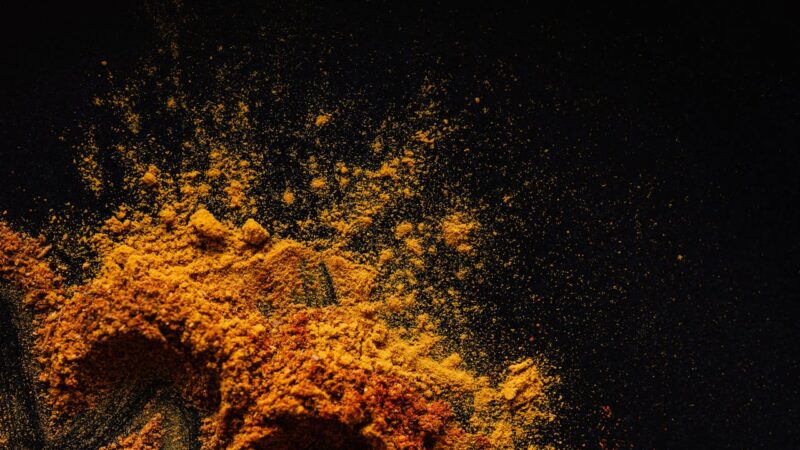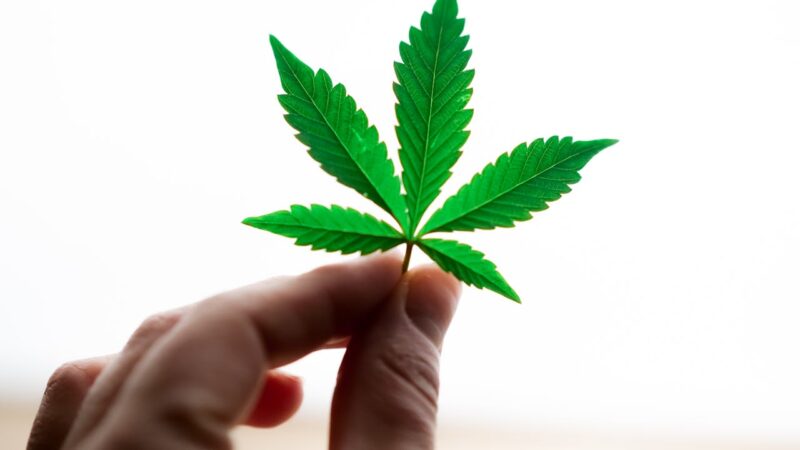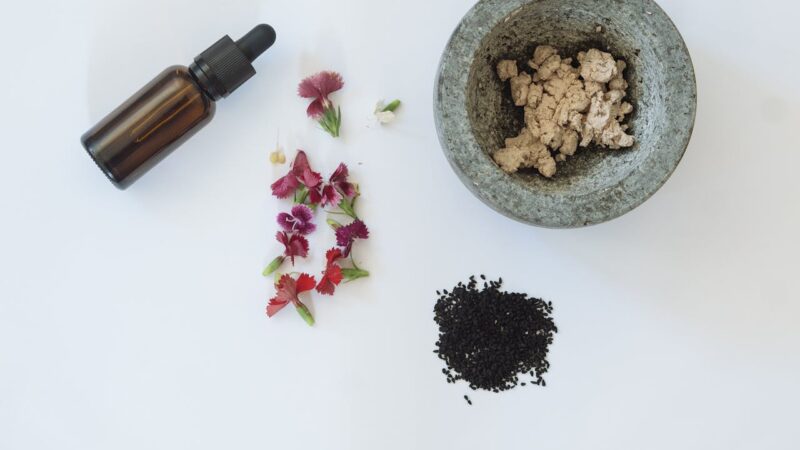Monsoon Delights and Dangers: Common Illnesses and How to Prevent Them

Monsoon is undoubtedly one of the most delightful seasons. The scorching summer heat gives way to cool, refreshing showers, bringing much-needed relief and joy. The rains transform the landscape into a lush, green paradise, and we find ourselves savoring hot pakodas, sipping on steaming tea, and enjoying the earthy fragrance of petrichor. Water shortages become a thing of the past, and the world seems to slow down, giving us a chance to appreciate nature’s beauty. However, this blissful season also brings with it a host of health concerns, commonly referred to as monsoon fever.
Understanding Monsoon Fever
Monsoon fever, also known as seasonal fever or rainy season fever, encompasses a range of illnesses that become more prevalent during this wet and humid period. The conditions created by heavy rains and high humidity provide a breeding ground for various infections, especially mosquito-borne and water-borne diseases. Let’s explore the common culprits and their symptoms.
Symptoms of Monsoon Fever
The symptoms of monsoon fevers can vary depending on the specific illness but often include high fever, chills, body aches and pains, headaches, fatigue, and gastrointestinal issues such as nausea, vomiting, and diarrhea, which are common in water-borne diseases.
Common Monsoon Illnesses
Mosquito-Borne Diseases
Malaria is caused by Plasmodium parasites transmitted through the bite of infected female Anopheles mosquitoes. Symptoms include fever, chills, headache, and vomiting. Dengue fever, caused by the dengue virus and transmitted by Aedes mosquitoes, can range from mild fever to severe flu-like illness (dengue hemorrhagic fever) with potentially fatal complications. Chikungunya, another disease transmitted by Aedes mosquitoes, is characterized by a sudden onset of fever and severe joint pain, often accompanied by rash and headache. The Zika virus, also spread by Aedes mosquitoes, can cause mild fever, rash, joint pain, and conjunctivitis, and is of particular concern for pregnant women due to potential birth defects.
Water-Borne Diseases
Typhoid fever, caused by Salmonella typhi bacteria, is usually spread through contaminated food or water. Symptoms include prolonged fever, headache, constipation or diarrhea, and sometimes a rose-colored skin rash. Cholera, caused by Vibrio cholerae bacteria and transmitted through contaminated water or food, leads to severe watery diarrhea, vomiting, and leg cramps, causing rapid dehydration and electrolyte imbalance. Leptospirosis, caused by Leptospira bacteria and transmitted through contact with water or soil contaminated with urine of infected animals (especially rodents), can range from mild flu-like illness to severe body aches and vomiting.
Viral Respiratory Infections
Influenza, or the seasonal flu, can circulate more easily during the monsoon due to increased human contact in enclosed spaces. Symptoms include fever, cough, sore throat, body aches, and fatigue. Hepatitis A and E, viral hepatitis infections spread through contaminated food or water, manifest with symptoms such as fever, jaundice (yellowing of the skin and eyes), abdominal pain, and fatigue.
Prevention
To prevent monsoon fevers, it is important to take certain precautions. Mosquito control is crucial; use mosquito repellents, mosquito nets, and wear long-sleeved clothing to avoid bites. Ensuring good hygiene is also vital; drink clean, boiled, or purified water, and practice thorough hand hygiene before eating and after using the restroom. Avoid areas with stagnant water, as they are breeding grounds for mosquitoes. Vaccination, where available, can provide protection against diseases like typhoid and hepatitis. If you fall ill, treatment for monsoon fevers generally involves rest, fluid intake to prevent dehydration, medications to reduce fever and alleviate symptoms, and antibiotics or antiviral drugs as prescribed by a healthcare provider.
Seeking Medical Attention
Seek medical care if you develop persistent high fever or severe symptoms, such as recurrent or uncontrolled vomiting, confusion or drowsiness, breathing difficulty, severe abdominal pain, or decreased urine output. By taking these precautions and being aware of the symptoms, you can enjoy the monsoon season while staying healthy and safe.











